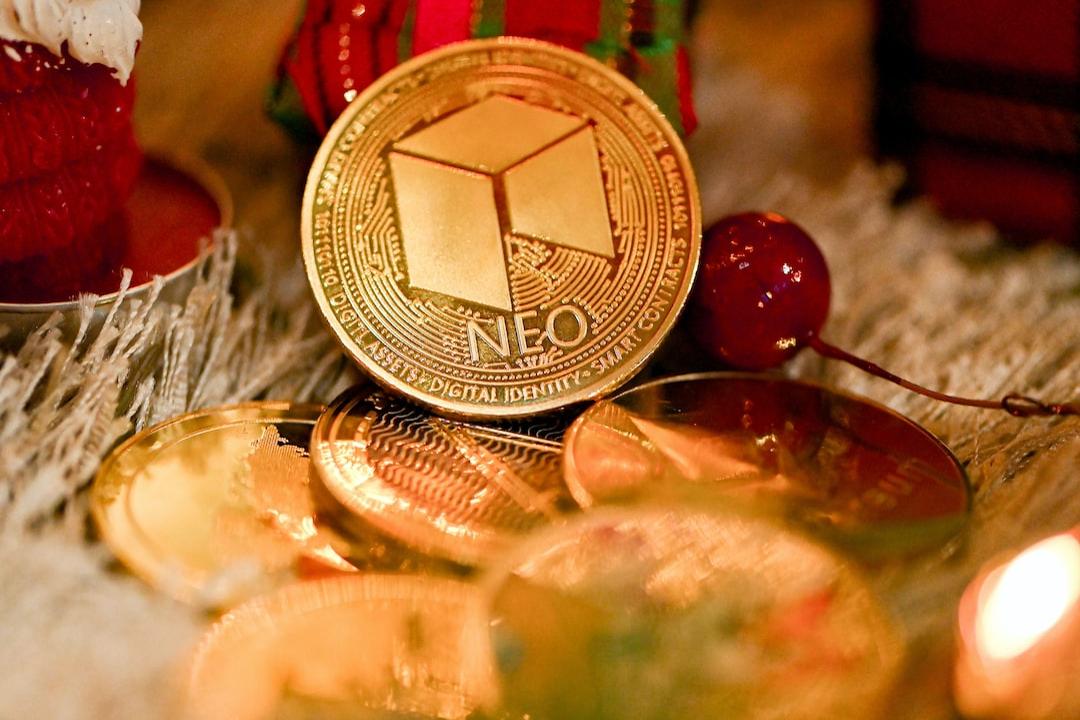Authenticity of Food Review Platforms Challenged
Checking online reviews and ratings before choosing a restaurant has become SOP for many people. However, many food review platforms lack a verification mechanism, and the increasing number of establishments inviting customers to “fake reviews” means that ratings may not necessarily reflect actual dining experiences. These seemingly real but false reviews do not assist users in making the best choices.
Fooday, originating from Taiwan, has decided to create the “most authentic” food review platform and community. They combine blockchain technology and AI to enhance users’ restaurant discovery experiences and encourage more participation and serious review writing through a token economy model.
How does Fooday break the authenticity challenge in reviews?
According to Fooday founder Guan Zi-han, Fooday employs a token model built on blockchain technology that transforms reviews into rewarded actions.
Simply put, users can earn a certain amount of Fudos experience points by writing reviews or completing tasks such as creating business locations. The system automatically settles these points, converting the earned Fudos into FOOD tokens. Besides using FOOD to upgrade their own Fooday built-in camera, users can also withdraw and convert it to other cryptocurrencies on the blockchain, and then exchange it for real-world usable fiat currencies.
The exchange rate of Fudos to FOOD tokens is influenced by the user’s level, with higher levels enjoying better conversion rates.
The decision to adopt a “token” reward system is mainly related to the popularity of the “earn while running” game STEP N, which gained popularity in 2022. STEP N allows users to earn corresponding cryptocurrency rewards by running. As a running enthusiast, Guan Zi-han stated that this incentive model is very effective. “Although I already had a habit of running, sometimes I would interrupt it due to bad weather or laziness. However, after participating in STEP N, I run every day because its reward mechanism gives me more motivation.”
Through this, Guan Zi-han realized that a good token model can motivate users to continue participating, which is essential for a food review platform as it requires a significant contribution of content from users. The reward mechanism encourages users to invest more time in writing high-quality reviews.
After attracting user participation, how can “authenticity” be ensured?
Guan Zi-han explained that Fooday has introduced a GPS location verification mechanism to confirm that users are actually “inside the restaurant.” Additionally, when users write reviews, they need to use Fooday’s “Fooca camera” function to take photos, eliminating the possibility of uploading fake pictures.
The Fooca camera is itself an NFT (non-fungible token), and only those who possess Fooca can start taking photos and writing reviews. The number of token rewards that can be accumulated varies depending on the camera level. As users, they can also buy and sell cameras in the market, during which the platform will charge a transaction fee, similar to the STEP N project.
By integrating these mechanisms, once there are numerous users joining the Fooday ecosystem, restaurant brands will be more willing to cooperate with the platform for more advanced marketing promotions. For example, users can write reviews after dining at designated restaurants to earn extra points. These collaborations involve consumers voluntarily ordering and consider both the quantity and quality of reviews, creating a win-win situation for users and restaurant brands.
AI Improves Restaurant Search Efficiency
In addition to blockchain technology, Fooday also actively invests in the application of AI technology to help users easily find restaurants that meet their needs. Guan Zi-han mentioned that the review content for a restaurant can be extensive, and each user’s comments on dishes can be different. Therefore, when searching for restaurants, users usually have to spend a lot of time filtering through a massive amount of reviews to find the information that fits their needs.
“AI technology allows me to quickly analyze a large amount of review content and provide users with more accurate restaurant recommendations,” explained Guan Zi-han. When users want to eat a specific dish, Fooday’s AI feature can quickly filter out which restaurants offer that dish and how they are reviewed.
Furthermore, AI can also analyze key points in reviews and extract the most valuable information for users to quickly understand the restaurant’s characteristics. Currently, users have a daily limit of free AI usage, and once exceeded, they can use FOOD tokens to access it.
Expanding Token Applications and International Markets
There are various types of review platforms on the market, including the widely used Google, which has a broad market share, and platforms like Instagram and Xiaohongshu (Little Red Book) where plenty of restaurant reviews can be found. Guan Zi-han admitted that one of the biggest challenges for Fooday is changing user habits and getting users to transition from familiar old platforms to the new one.
However, Guan Zi-han believes that the fundamental solution lies in whether the product can truly address the pain points of users. “We hope to encourage users to share authentic reviews and improve their efficiency in searching for restaurants, allowing them to find restaurants that meet their needs faster and more accurately. This is the key to attracting new users.” Currently, Fooday has approximately 50,000 active users per month, and the number continues to grow.
Guan Zi-han hopes that this growth momentum will continue and strives to expand token applications and international markets. In the future, Fooday’s tokens will not only exist on the blockchain, but Guan Zi-han also hopes to integrate with other platforms’ point systems, such as App Store or Google Play points, giving users more options for rewards.
Additionally, Fooday has begun expanding its business to other countries and regions such as Japan, Hong Kong, and Southeast Asia. Guan Zi-han emphasized that blockchain has no borders, meaning the product can easily apply the same token economic model to different markets, allowing more users in different countries to experience the charm of a genuine food review community.

